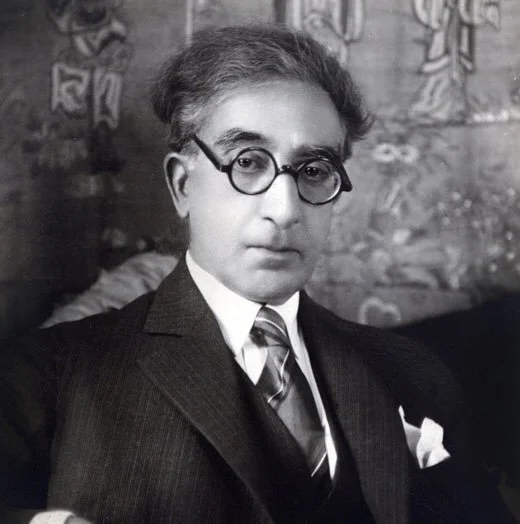The City
You said: “I’ll go to another country, go to another shore,
find another city better than this one.
Whatever I try to do is fated to turn out wrong
and my heart lies buried like something dead.
How long can I let my mind moulder in this place?
Wherever I turn, wherever I look,
I see the black ruins of my life, here,
where I’ve spent so many years, wasted them, destroyed them totally.”
You won’t find a new country, won’t find another shore.
This city will always pursue you.
You’ll walk the same streets, grow old
in the same neighborhoods, turn gray in these same houses.
You’ll always end up in this city. Don’t hope for things elsewhere:
there’s no ship for you, there’s no road.
Now that you’ve wasted your life here, in this small corner,
you’ve destroyed it everywhere in the world.
C.P. Cavafy
(1863–1933) is widely regarded as the most important Greek poet of the 20th century. Born in Alexandria, Egypt, to Greek parents, he spent formative years in England before returning to Alexandria, where he spent most of his life working as a government clerk.
Cavafy’s poetry blends personal reflection, historical imagination, and candid explorations of queer desire. Though he published little during his lifetime, he circulated poems privately among friends. His distinctive style—direct, understated, and emotionally nuanced—often dealt with ancient Greek and Roman history, modern anxieties, and fleeting sensual encounters.
E.M. Forster and W.H. Auden championed his work posthumously, noting his unique voice and unflinching honesty. Cavafy’s best-known poems, such as “Waiting for the Barbarians” and “Ithaca”, reveal a poet deeply concerned with the nature of power, beauty, memory, and impermanence.

